2 Responses to Feedback
Leave a Reply Cancel reply
Photostream

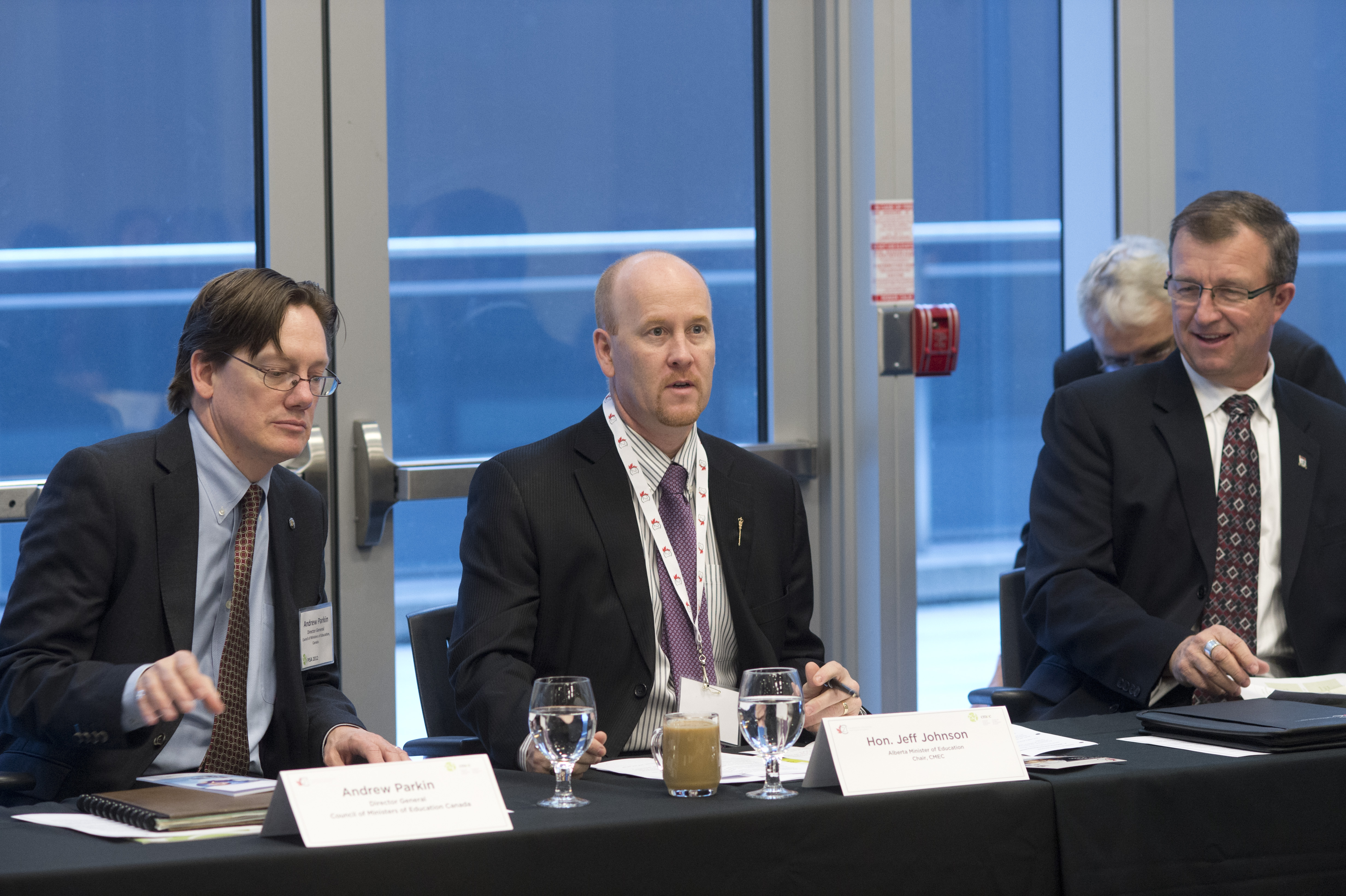
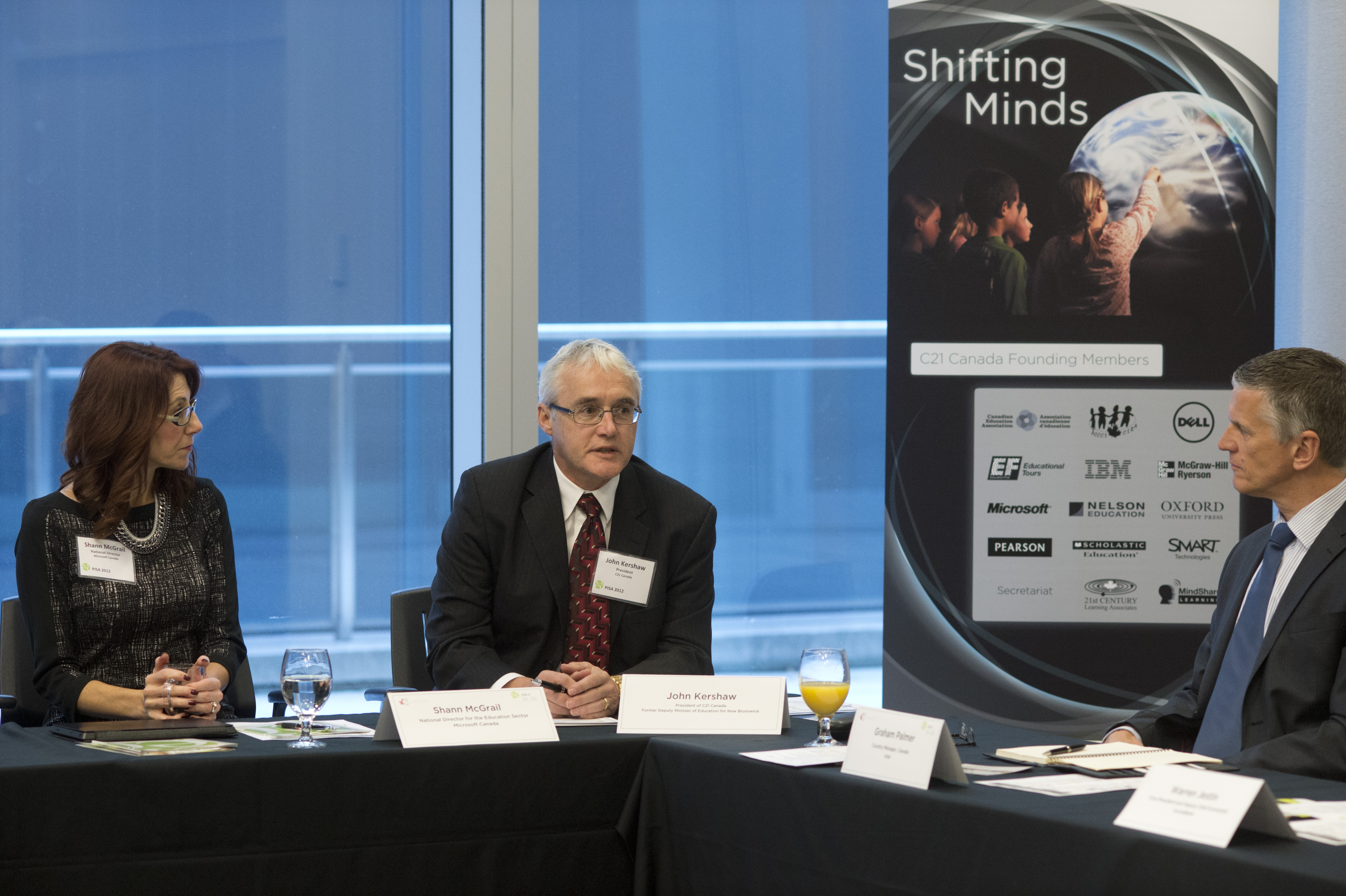
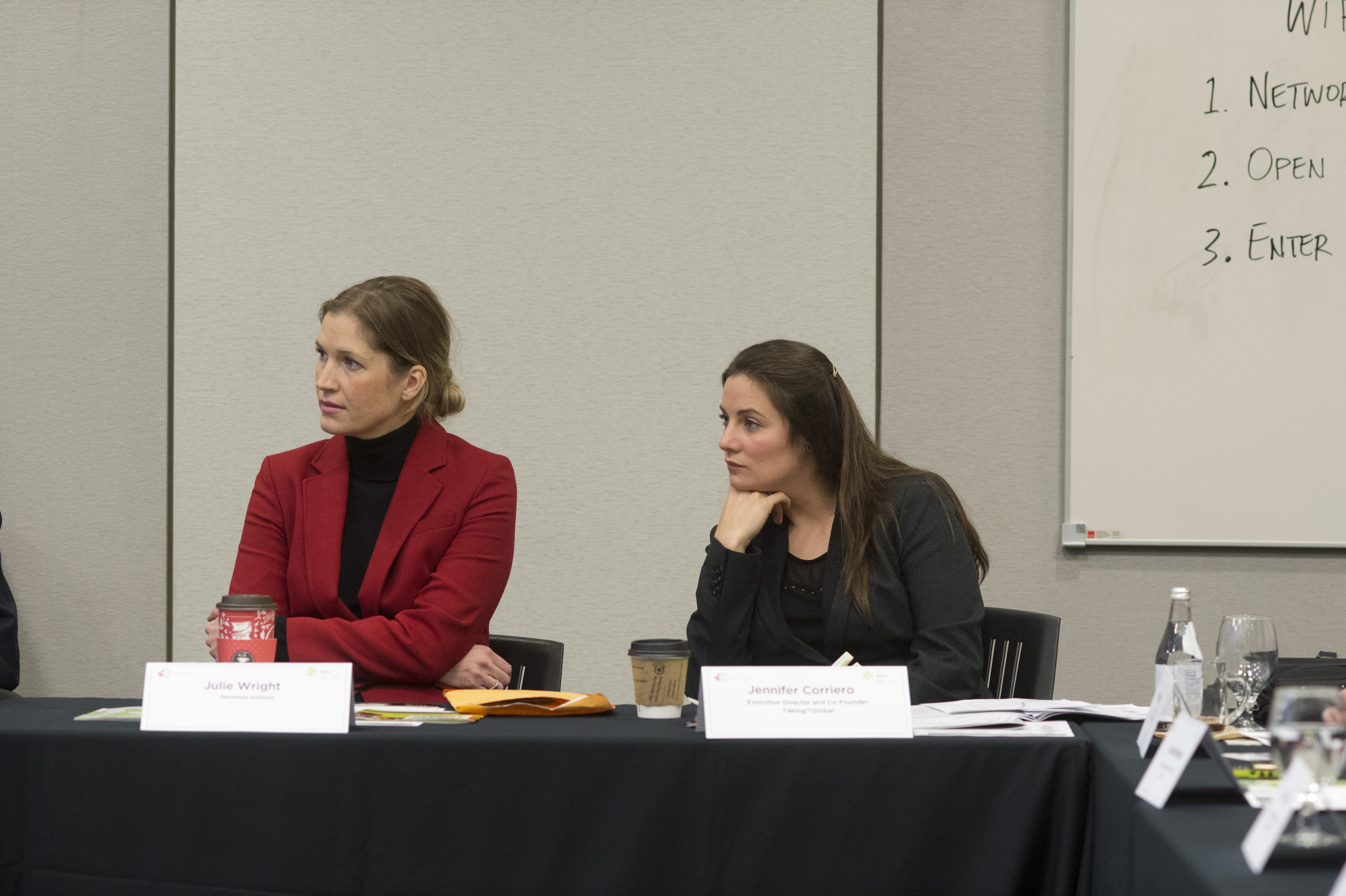

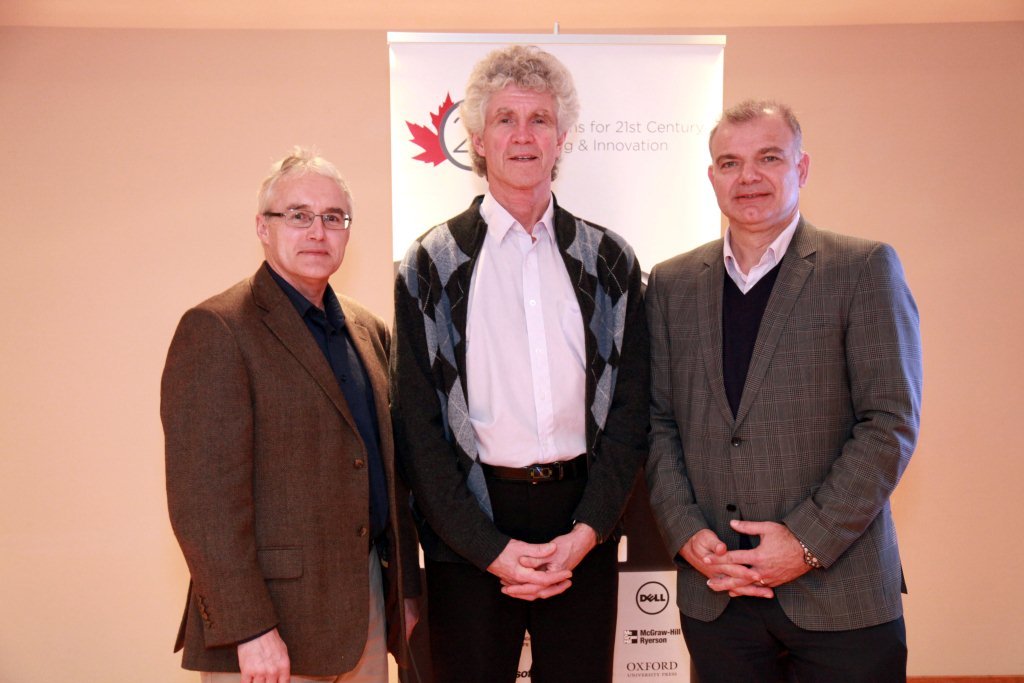
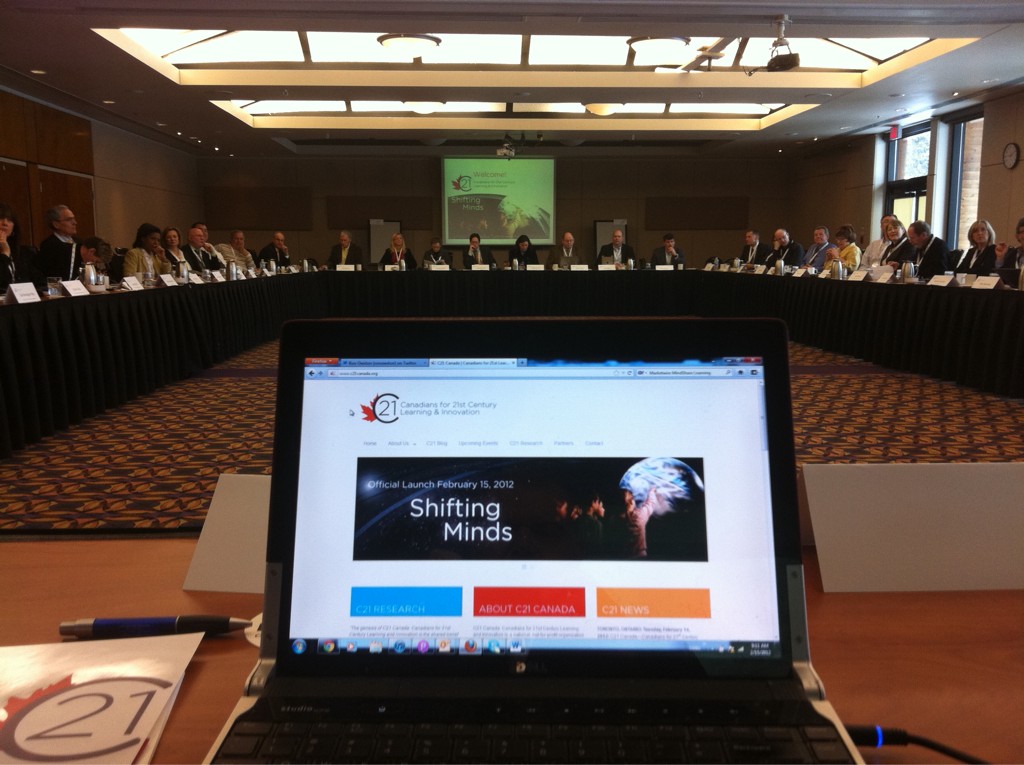
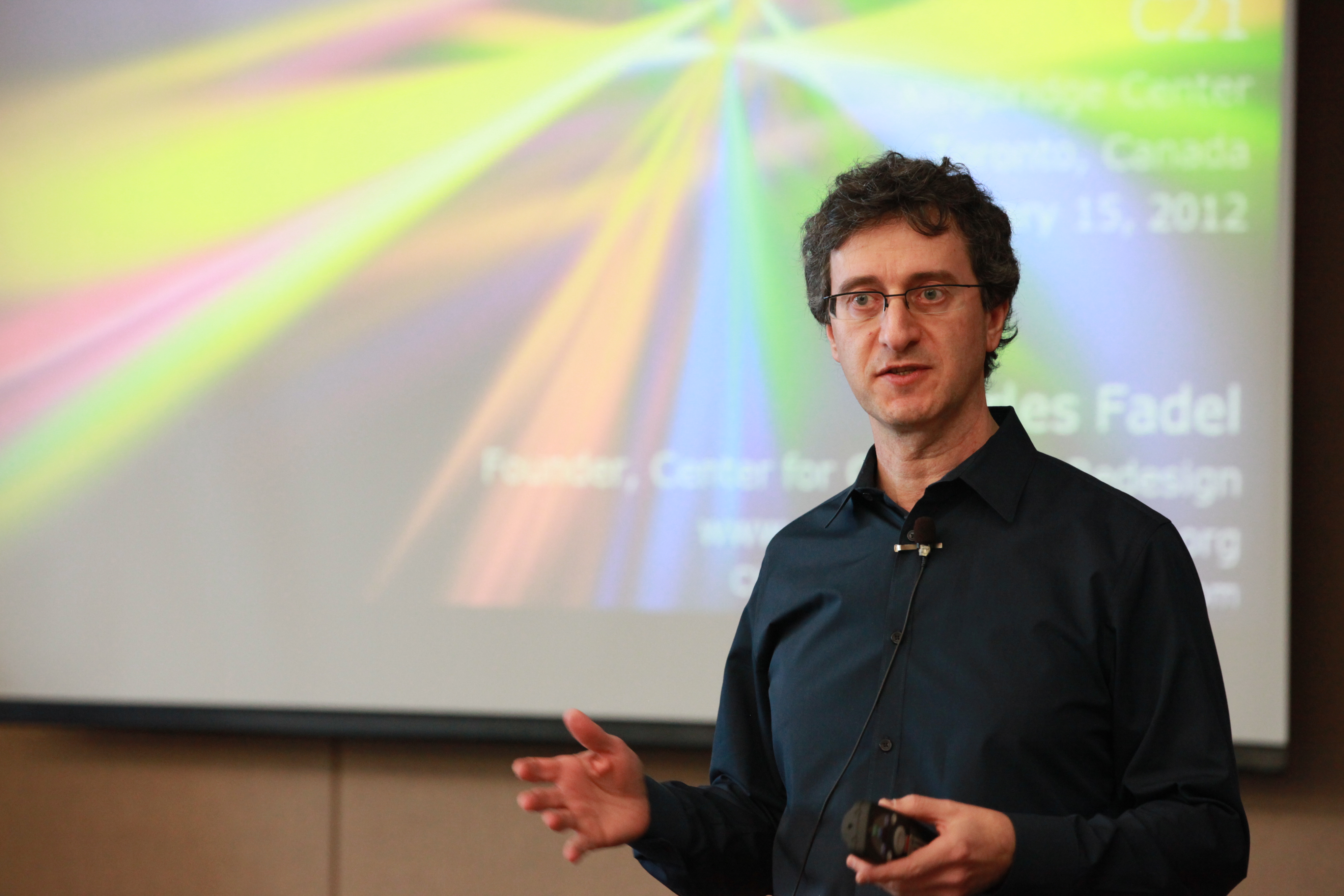
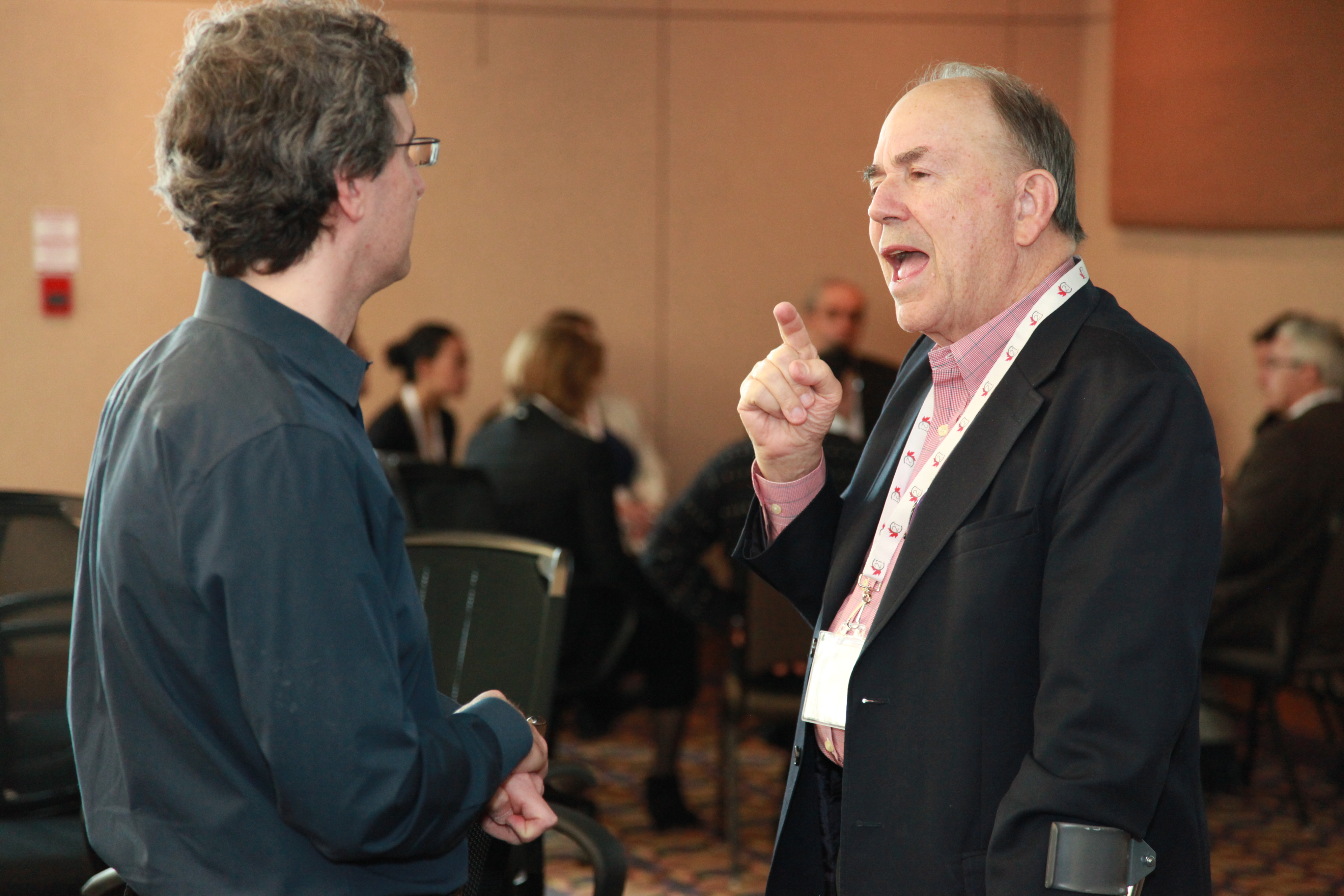
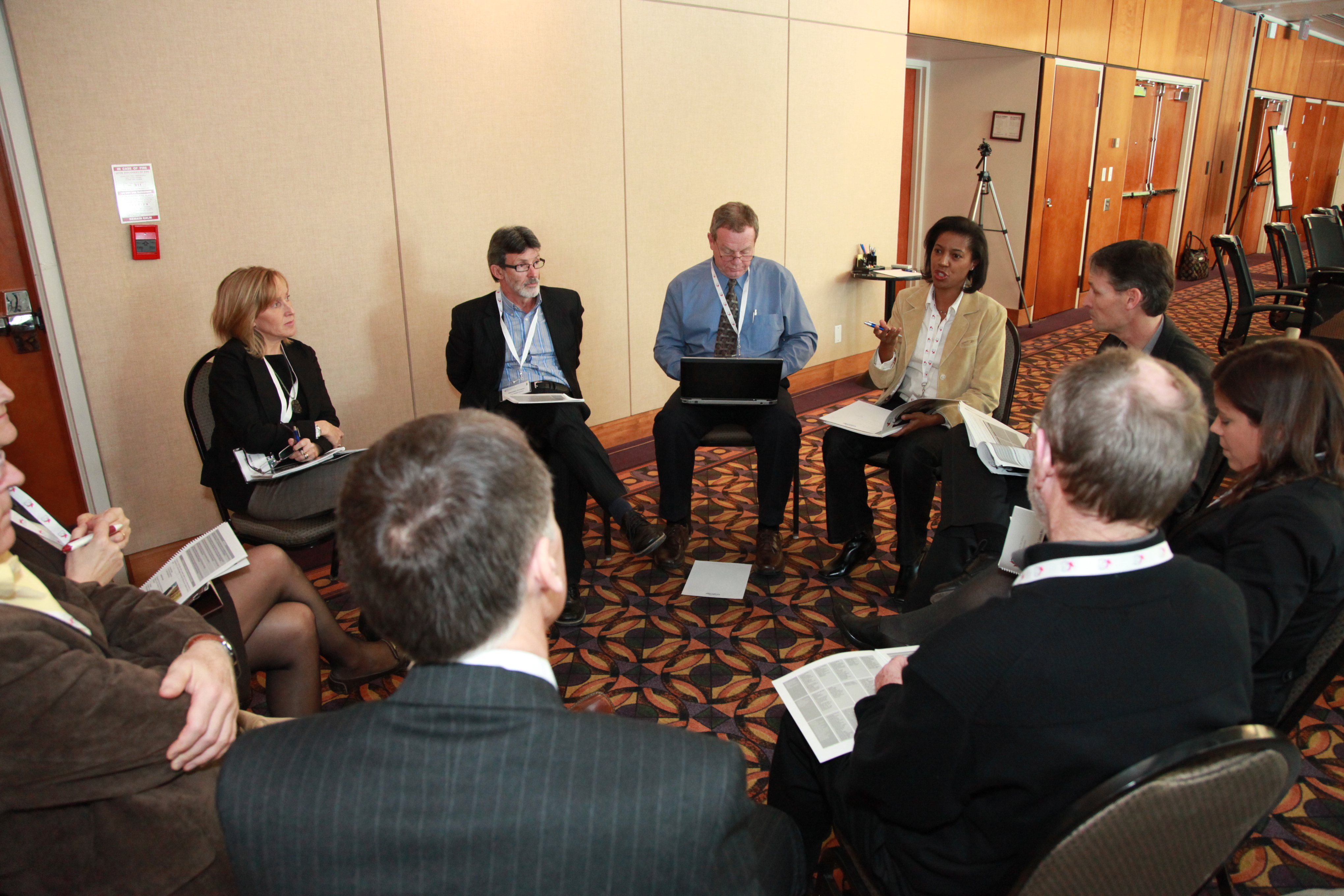
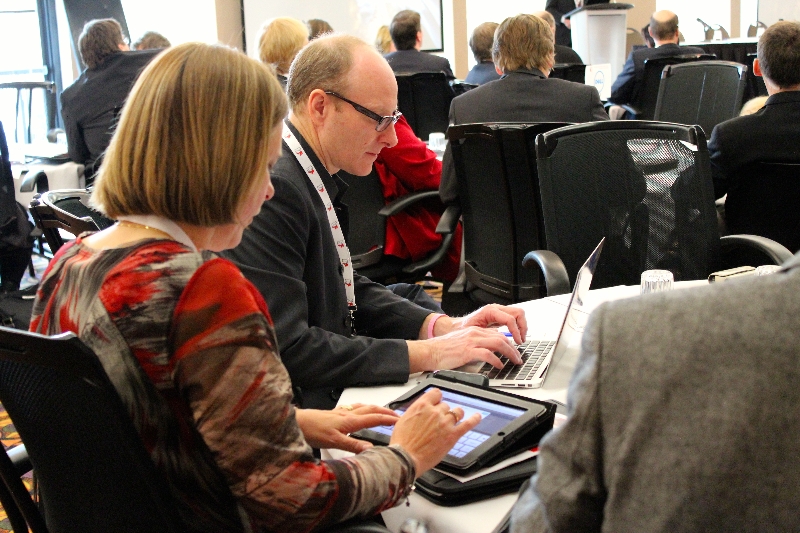
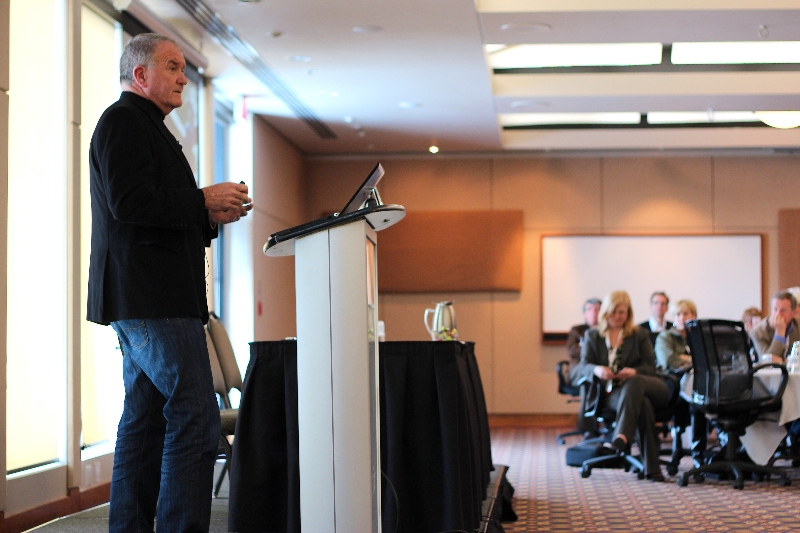
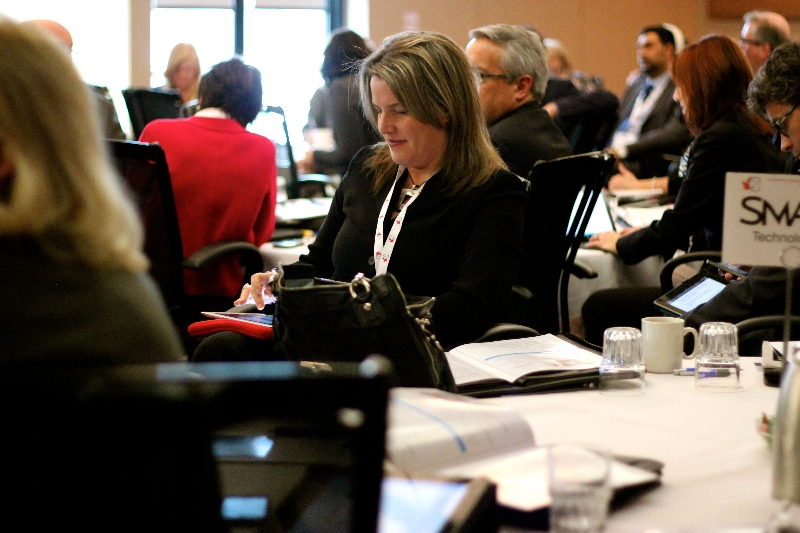

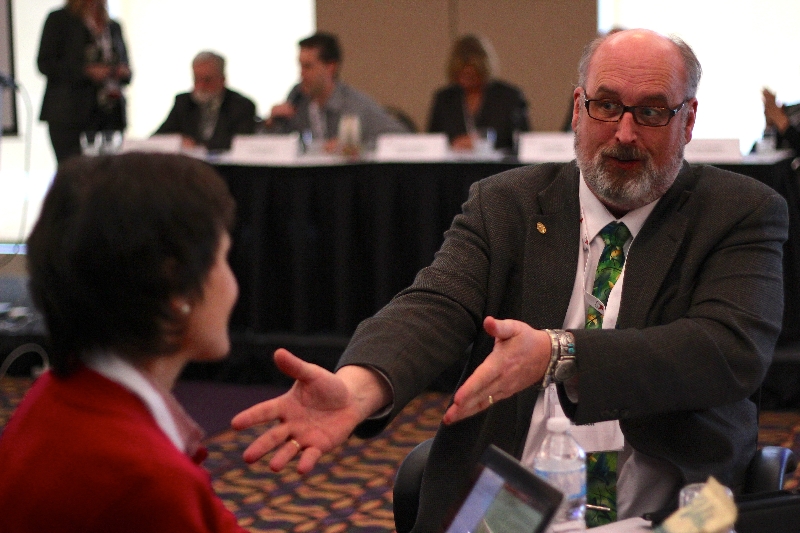
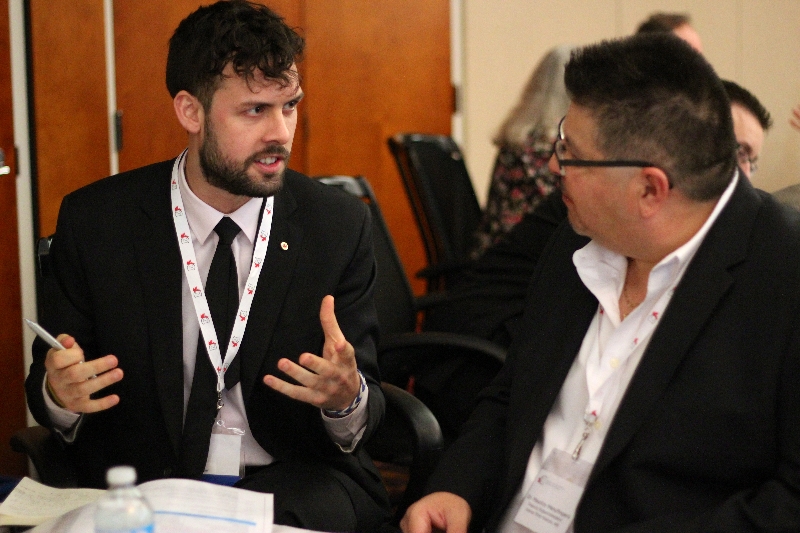
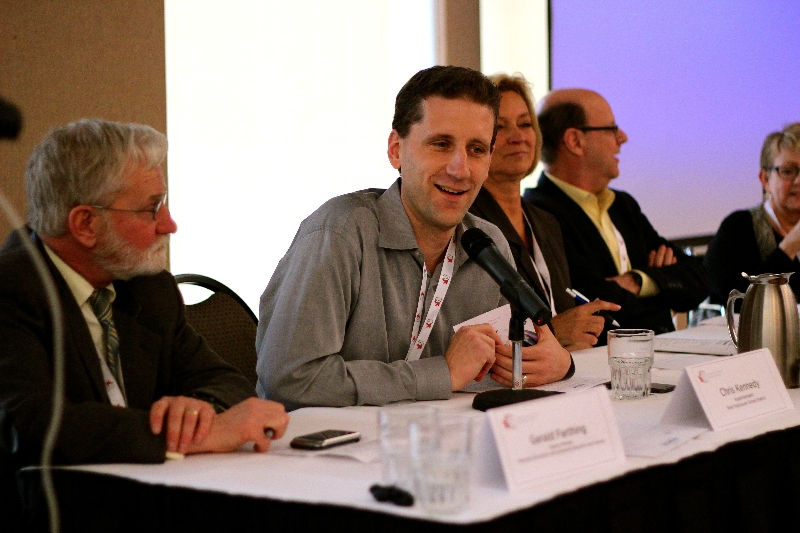
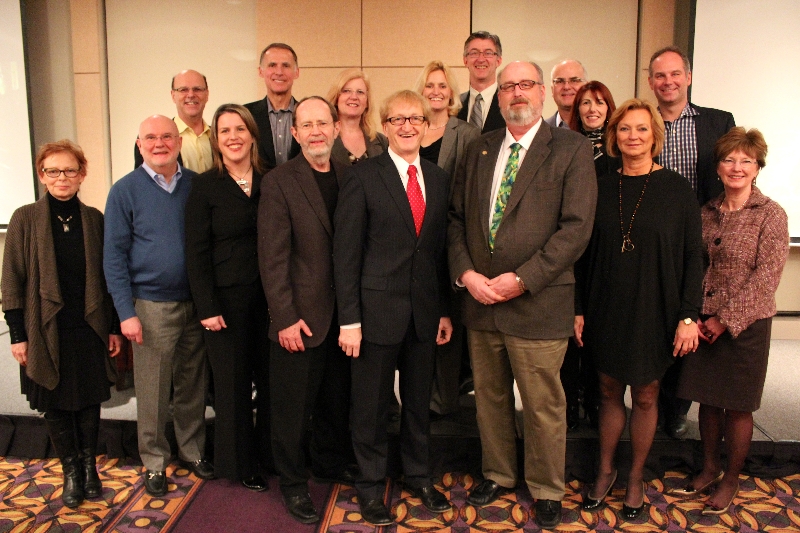
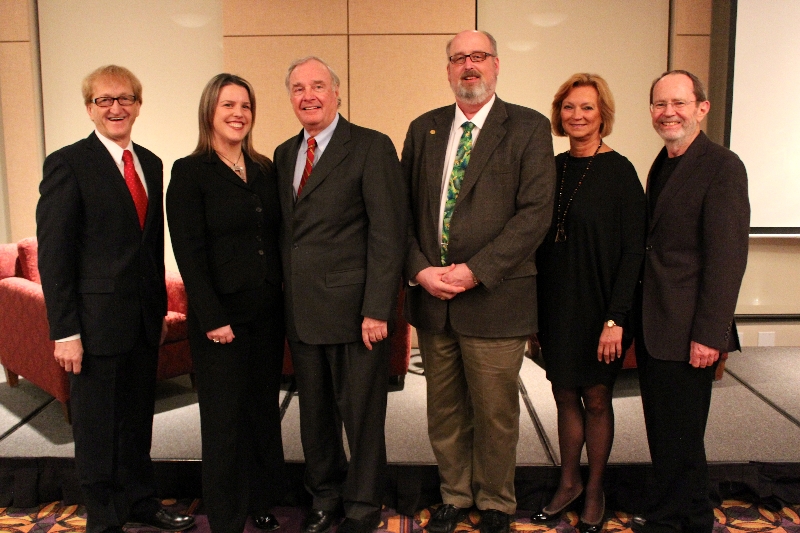
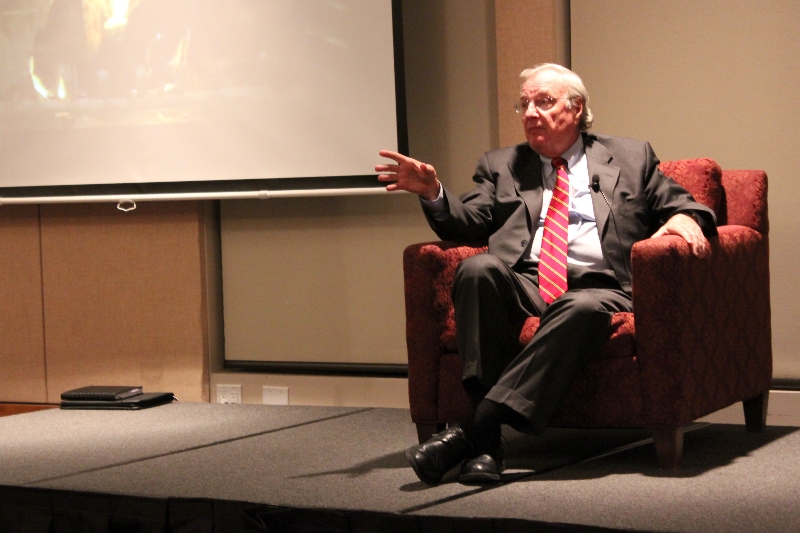
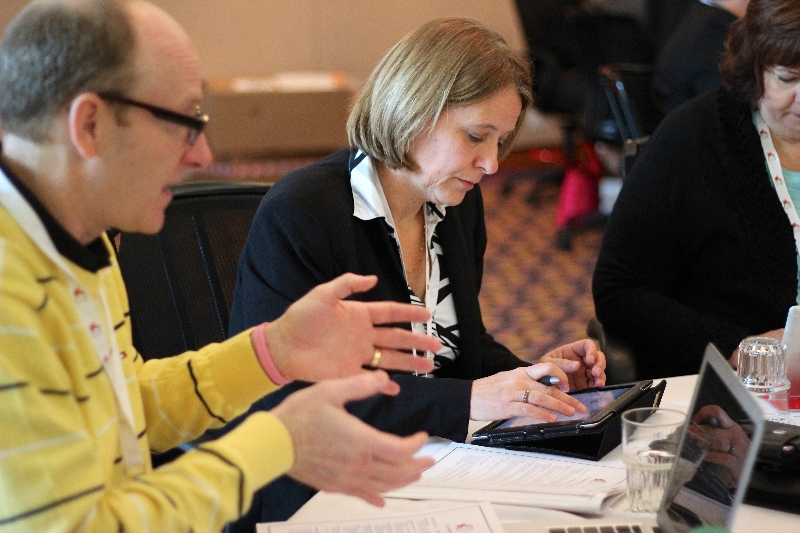
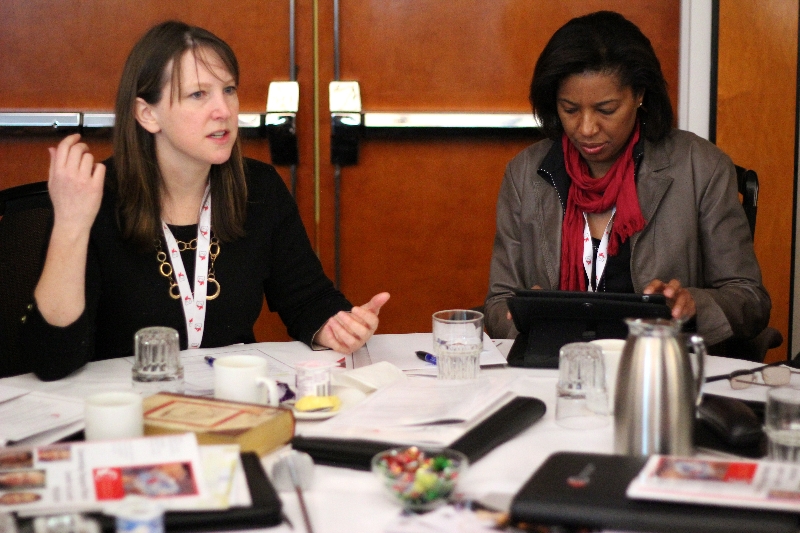
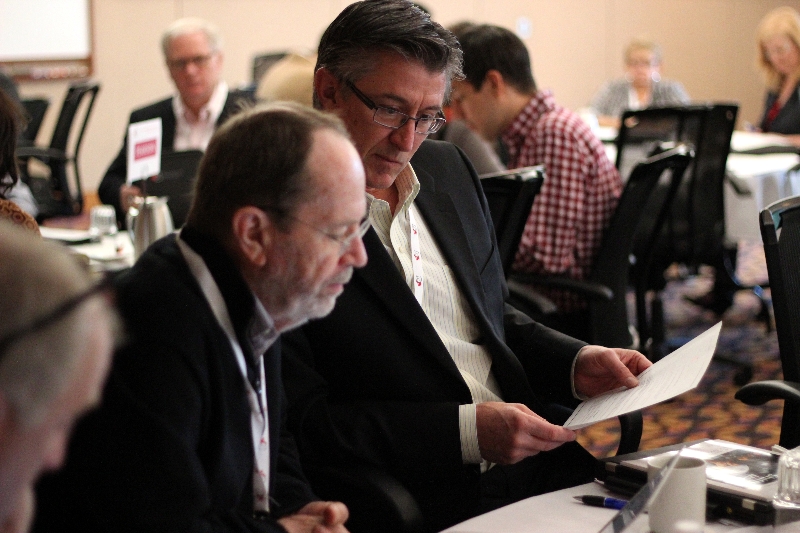
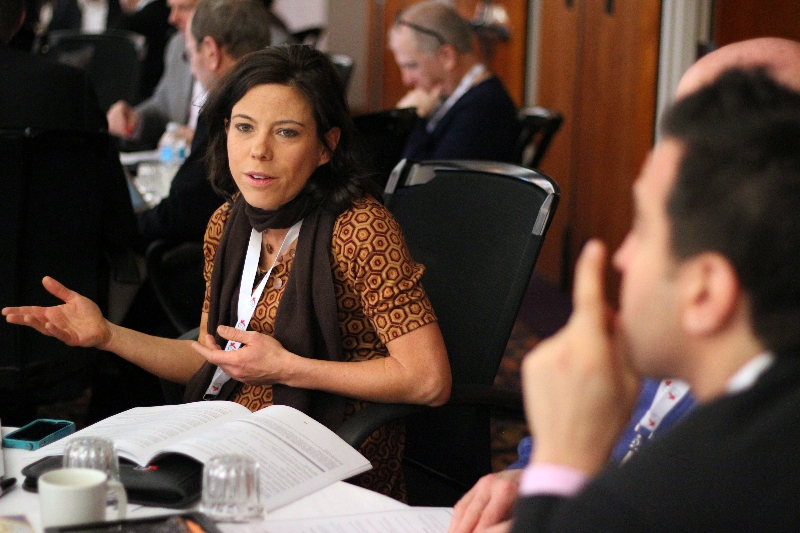
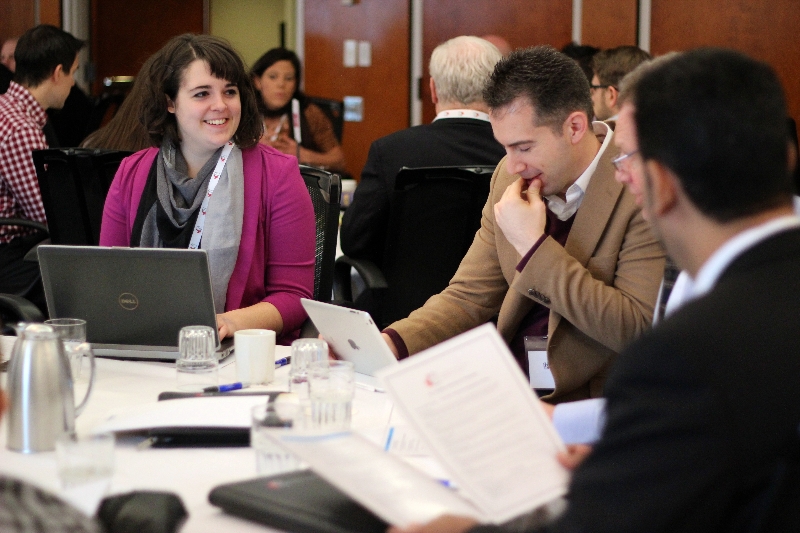
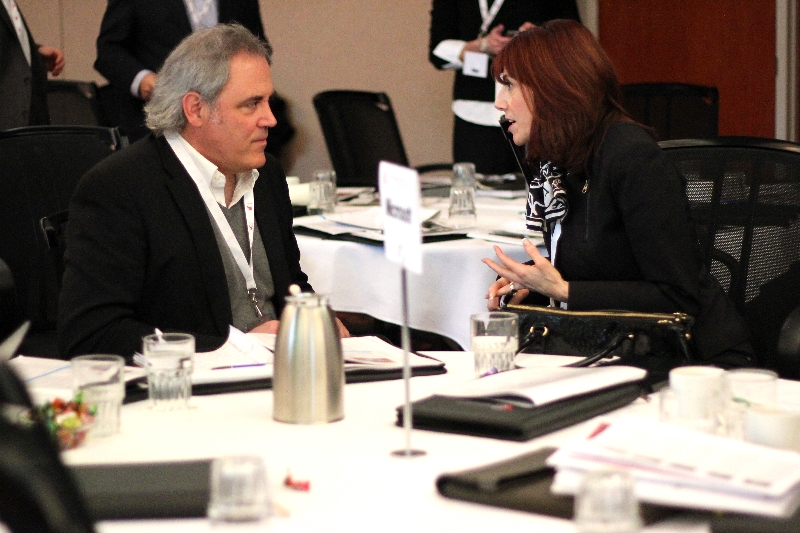
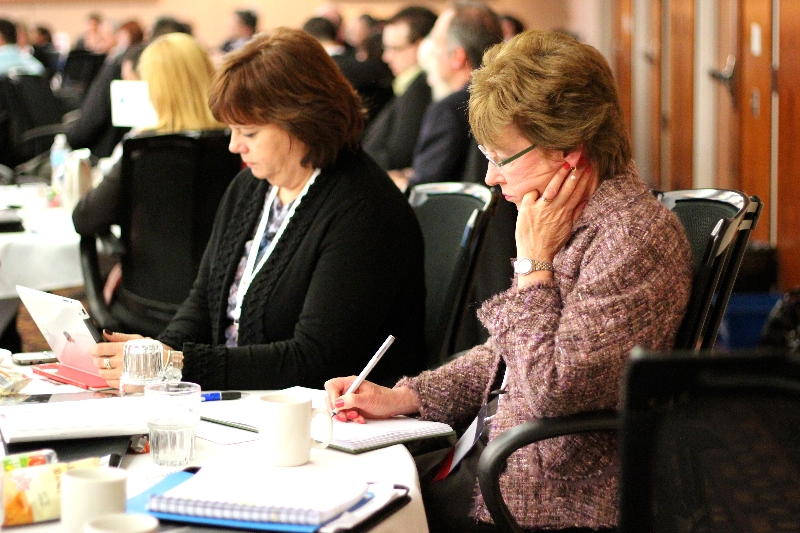
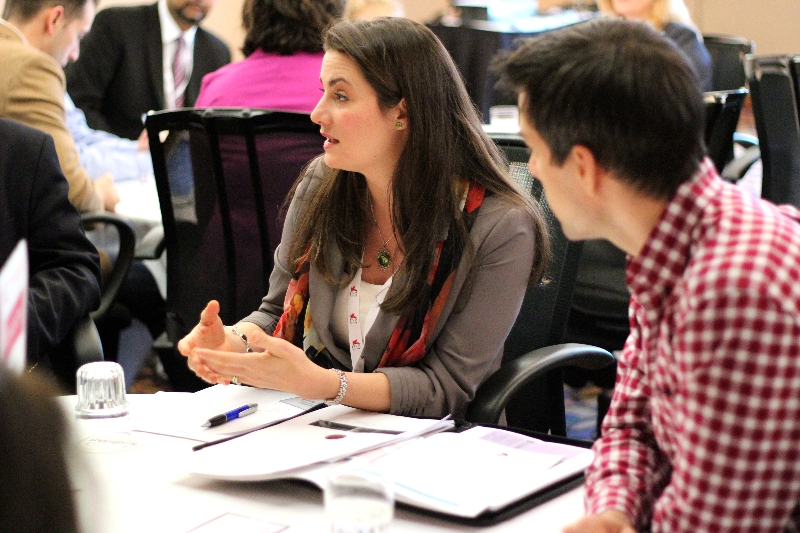
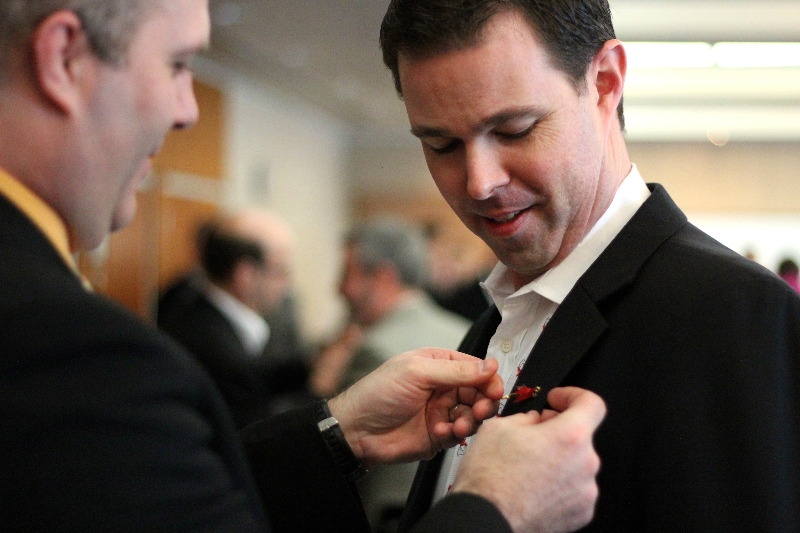
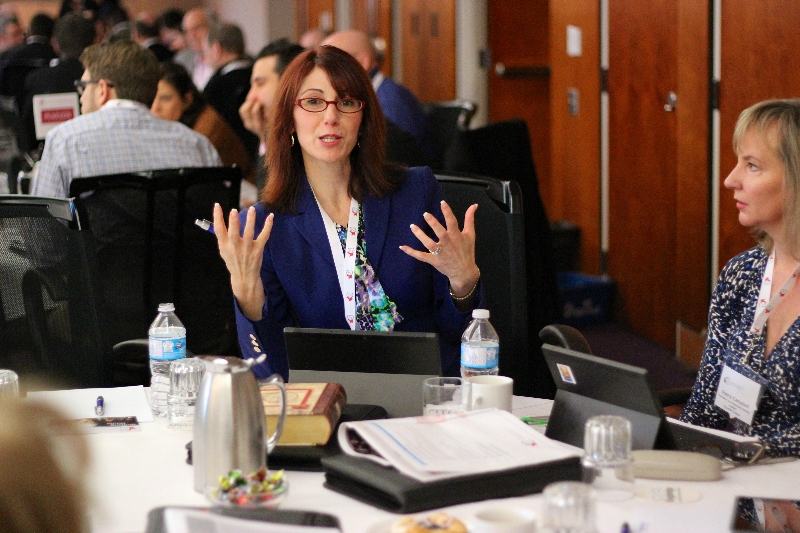
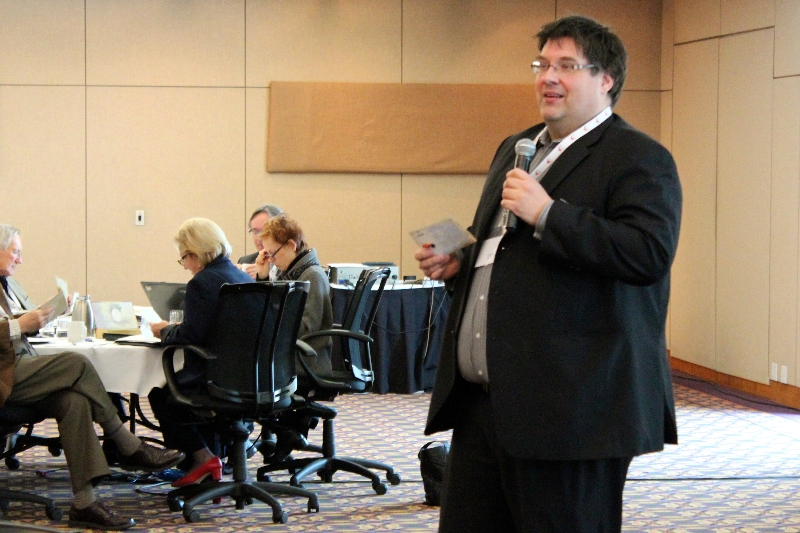
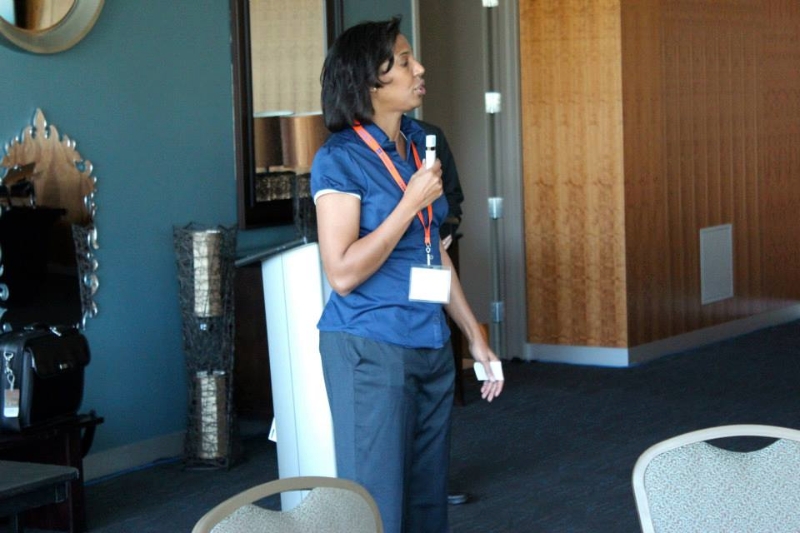
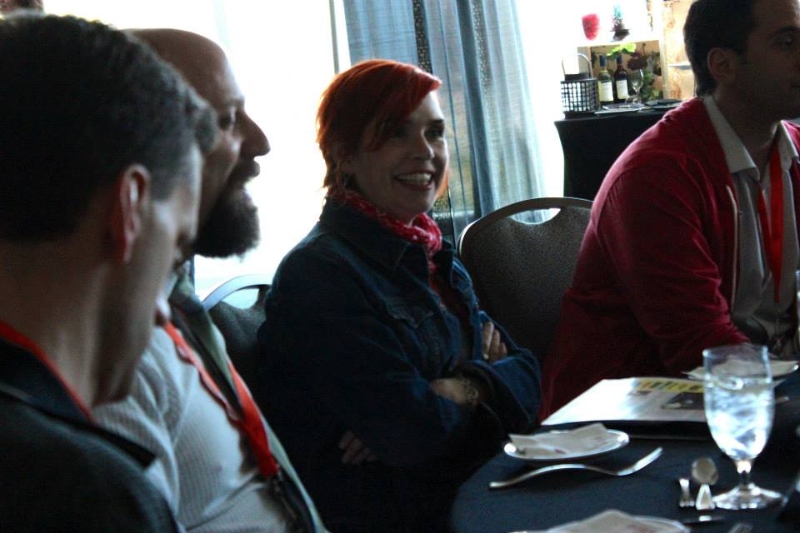
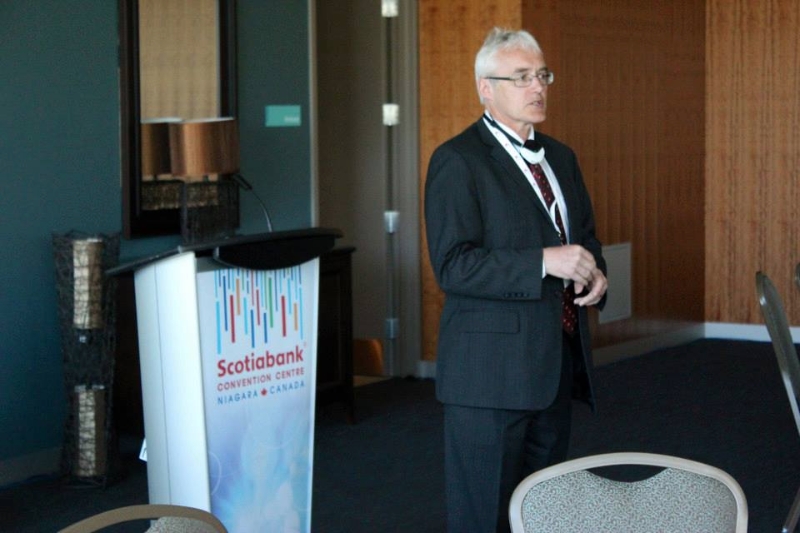
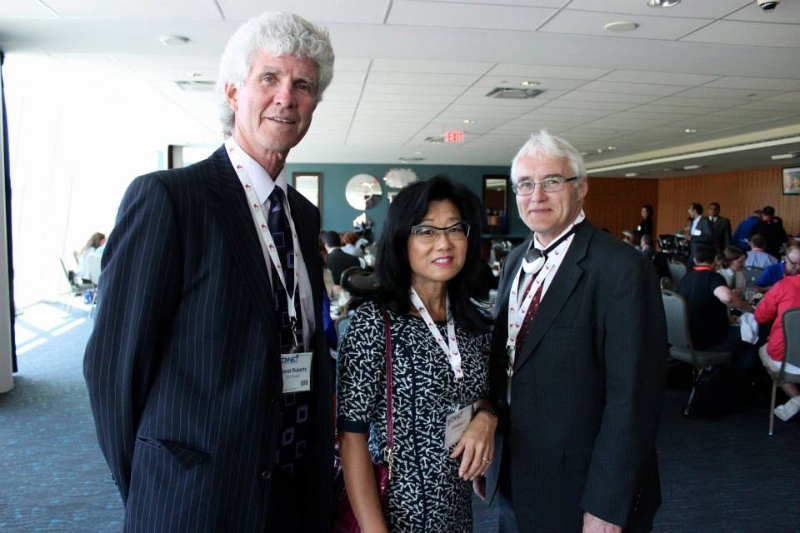
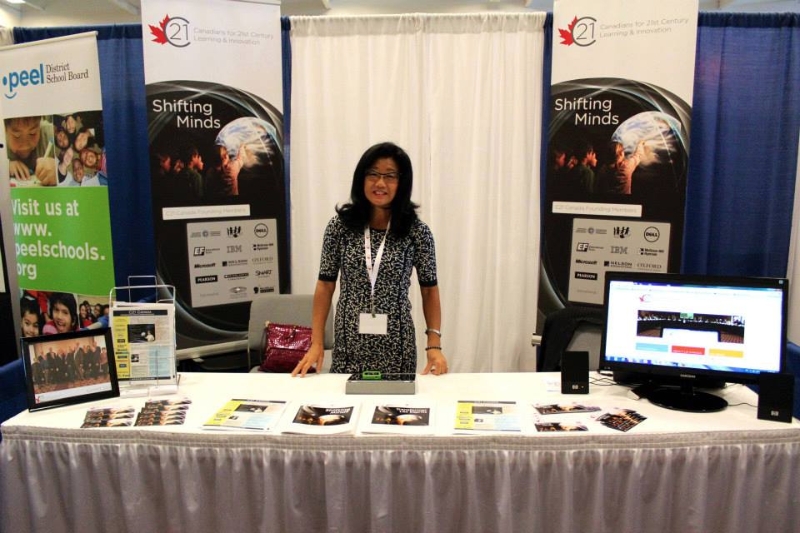



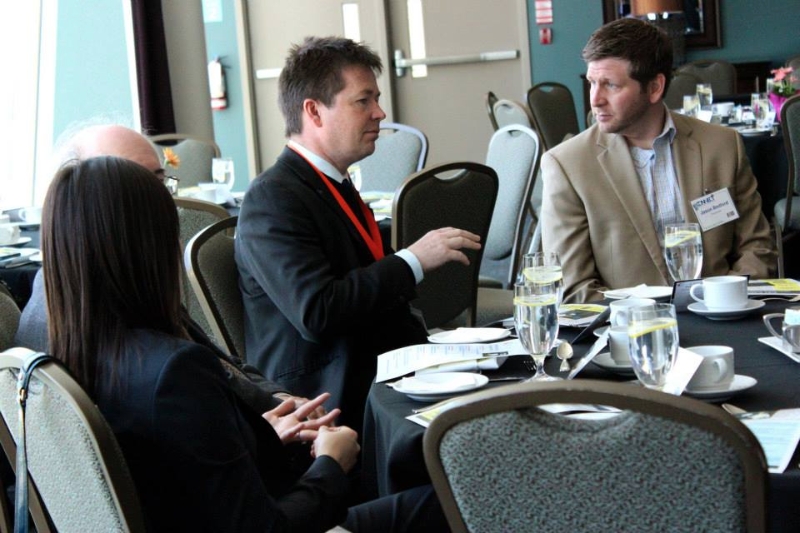

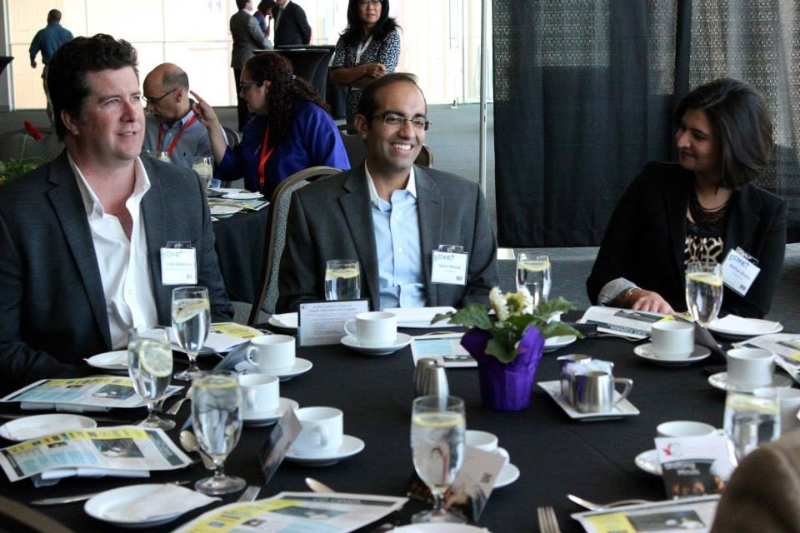

Feature Video
Recent Comments
- Kendra on Feedback
- There’s still time to get edreform right in Canada, and there’s still interest in doing so† on Changing Perspectives
- C21 Canada Interview with Naomi Johnson, Chief Superintendent of the Calgary Board of Education on Innovative educators honoured at 2nd Annual C21 Canada Summit
- sdenaultca on The Hunt for 21st Century Learning
- Tobey Steeves (@symphily) on Canada’s Skills Gap and the Federal Budget




I have read the Shifting Minds document and applaud you for your vision of a new and more contemporary education system. I agree that we need to encourage creativity, innovation, and flexibility. I agree that our world is changing rapidly and we need our future leaders to have a new skill set, particularly in light of the new technologies and communication avenues. I agree that students need to be at the center of the education plan.
However, while you say that you want to put students at the center, it would seem that in a 40 page document that having only one sentence addressing a student’s passion and interest is missing the point.
If we truly want to have our children at the center of an education plan, we must first encourage children to discover and nurture their natural gifts, talents and passions. All the mathematical competency in the world will not serve justice to a child who has a true artistic flair in pottery or dance. All children are gifted at at least one thing, and an education system’s prime objective must be to find and foster that one thing that makes the heart sing. A life spent not pursuing one’s passions is a life wasted and no amount of mastering literacy, mathematics and science can make up for that.
It may very well be that many children find great satisfaction pursuing a lifelong passion for physics, or engineering, or IT. But, it may also be that someone should follow a different, non-linear path pursuing a particular artistic passion. The point is that we have an obligation and a responsibility to ensure that each and every child is allowed, enabled and encouraged to follow the path that will make their heart sing and their soul shine. Education must address the whole child, not just the child’s mind.
We must expand our conventional notions of intelligence to include abilities not measured on standardized tests – creative intelligence, practical intelligence, emotional intelligence, social intelligence, linguistic intelligence, spatial intelligence, kinesthetic intelligence, interpersonal intelligence, intra-personal intelligence, and so on. Essentially, in the words of Sir Ken Robinson, we must ask not “How intelligent are you?”, but instead ask “How are you intelligent?”. When we do this, we open the door for true education, education that will best serve our children, and ultimately our country and our global community.
Thank you for creating a vision and framework to move learning forward in Canada. I wrote about the change coming to schools and “education” whether we prepare for it or not in a letter to the Toronto Star. Your goal to align learning goals across Canada is an important and timely one. http://www.thestar.com/opinion/letters_to_the_editors/2013/04/30/bring_on_the_learning_revolution.html
One area that I would like to see included in your framework, and one that I do not think is “covered” under the umbrella of personalized learning is Universal Design for Learning. This newly revised framework (Jan 2014) focuses on engagement with the goal of creating expert learners. UDL also addresses the myth of average and helps to avoid the use of technology to “shore up” learners or to correct the mistakes within the curriculum.
Engagement – purposeful, motivate learners
Representation – resourceful, knowledgeable learners
Action & Expression – strategic, goal-directed learners
As the PD chair for SETSIG (ISTE) I am working with colleagues to deliver a SOOC (Small Open Online Course). The course includes a community of practice (using Google+ communities) and personalized pathways for educators to explore UDL and Apps. The introductory webinar for our SOOC (15 minutes) by Mindy Johnson does an amazing job of explaining UDL and the move away from just providing technology and access to information (the “low lying fruit”) to helping develop expert learners using a variety of strategies and technology to provide access to learning. http://setsig.com/week-1-webinar/